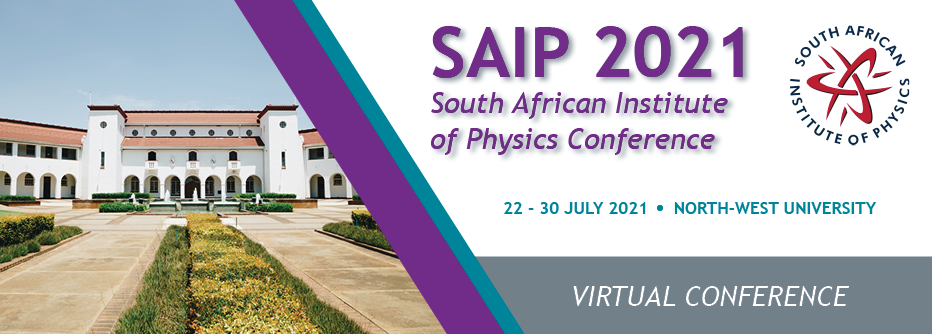Speaker
Description
Emerging quantum technologies rely principally on quantum phenomena such as superposition and entanglement for their unique capabilities. To this end, it is essential to develop well-defined and efficient protocols to produce and further exercise control over states of quantum bits that exhibit desired quantum mechanical traits. From a pure separable multipartite state, a control sequence, which includes rotation, spin squeezing via one-axis twisting, quantum measurement and post-selection, generates a highly entangled multipartite state, which we refer to as a Projected Squeezed ($PS$) state. Through an optimization method, we then identify parameters required to maximize the overlap fidelity of the $PS$ state with the maximally entangled Greenberger-Horne-Zeilinger ($GHZ$) state. The method leads to an appreciable decrease in the state preparation time of $n$-qubit $GHZ$ states when compared to preparation through unitary evolution. The efficiency of the $PS$ state protocol is studied in non-ideal experimentally relevant settings by simulating decoherence channels using numerical methods.
Apply to be considered for a student ; award (Yes / No)?
Yes
Level for award;(Hons, MSc, PhD, N/A)?
PhD

